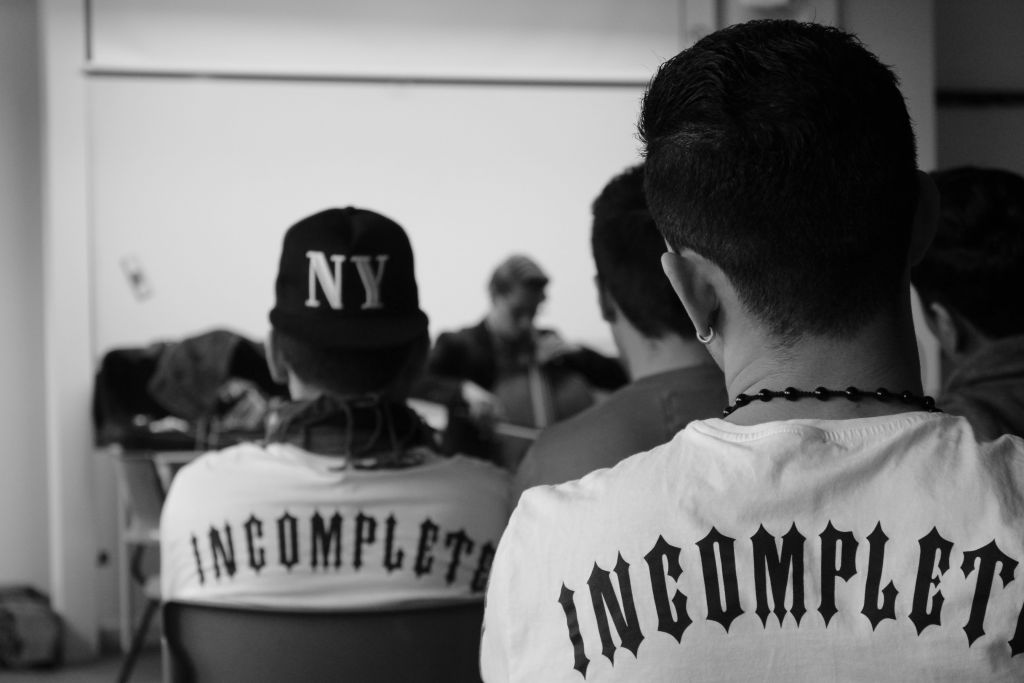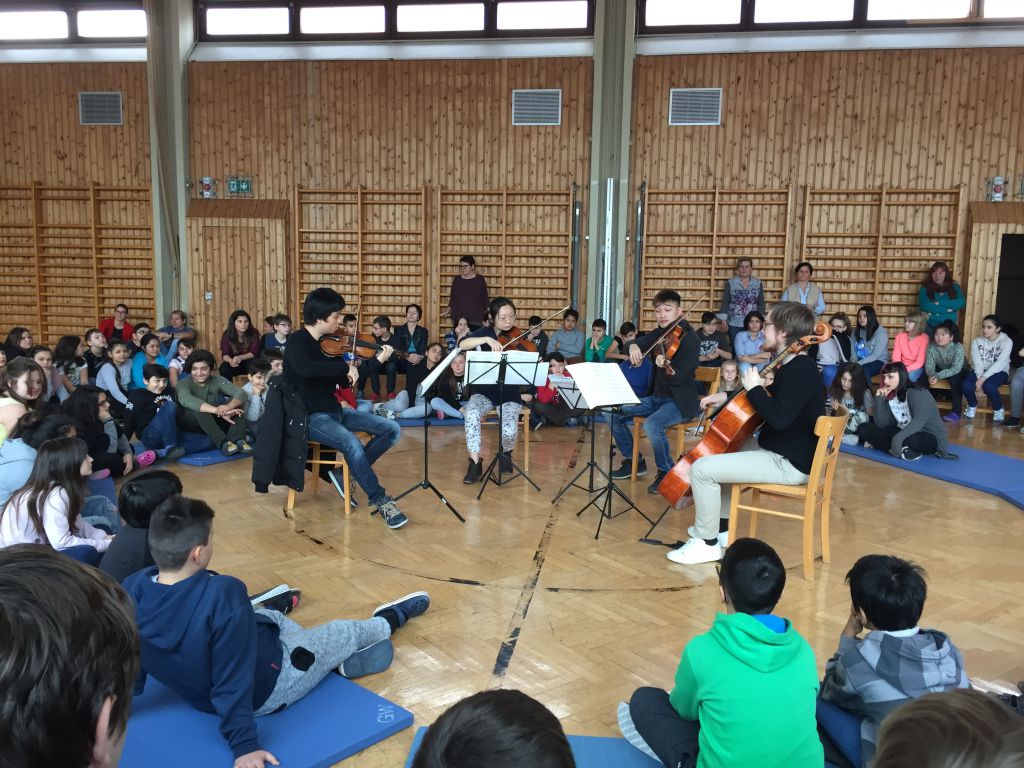Educational excellence and “third mission”, ideally combined: Musethica brings together high-intensity performance training and low-threshold concert offerings—with benefits on both sides
In 2012, an international group of instructors at the conservatory in Zaragoza, Spain joined forces with professors at that city’s university. This team set about gathering support both public and private in order to launch the project Musethica, which has since developed into a highly active network that pursues cooperative activities in numerous European countries and in Israel. Musethica’s central organisation is now headquartered in Berlin, while several countries also have their own independent organisations that work to advance this constantly growing project.
It was a bit over four years ago that I was first contacted by Avri Levitan, the project’s artistic director. And over the course of my own initial experiences with Musethica, I was so impressed by the positive effects of its format on the musicians as well as on people at the involved institutions that I began pushing for the mdw to participate on a long-term basis. Musethica’s concept is a very persuasive one: young musicians’ artistic development requires a greater amount of professional performance training than their formal studies can offer them, and there exists an extremely large potential audience that—for any number of reasons—doesn’t enjoy access to first-class live performances of classical music. So what could be more logical than something that satisfies the needs of both groups?

The people at the cooperating institutions (ranging from “problem schools”, drug treatment centres, homeless shelters, and maximum-security prisons to Caritas assistance centres, paediatric oncology wards, neonatal care units, hospices, and facilities for people with severe disabilities)—people who haven’t chosen to be where they are—are offered top-level performances on an equal footing. Which is to say that the musicians don’t go before their audiences with the potentially condescending attitude of “doing these poor people some good”; instead, they play each and every one of these concerts with the same respect for their audiences and the same aspiration to quality that they’d bring with them when appearing at the Musikverein or Carnegie Hall!
In order not to disturb the performers’ concentration on their artistic work, even the information about the institutions where they’ll be appearing is deliberately kept to a bare minimum prior to the concerts. It goes without saying, however, that the musicians must deal with the conditions onsite (such as the frequent absence of warmup rooms) and respect the various institutions’ rules. Crucial to this programme’s success are its professional organisation and the coaching and/or mentoring that it provides both on artistic matters and on communicating with audiences.
The cooperating institutions are carefully selected and prepared via thorough planning, precise arrangements, and onsite visits. Musethica stays away from places where a clear commitment is lacking or where performers might potentially even be viewed as unwelcome intruders. For the participating students, a full-intensity week of work with Musethica consists of a preparatory phase followed by between 10 and 14 performances lasting 45–60 minutes each. Things are planned so that the scheduled institutions can be easily reached, using public transportation where possible. And thanks to this, it’s possible to manage between two and three performances per day plus time for coaching and debriefing.
In a typical Musethica concert, a quick greeting and introduction of the musicians is followed by performances of individual movements or entire works; the works and composers are announced, but detailed explanations on the music are done without. Solo repertoire alternates with chamber pieces ranging from duets to quintets or even sextets.

Each concert offers the performers an immediate experience of just how positively people react when they feel taken seriously as a fully fledged audience. There’s no arrogance towards “ignorant people”, here, and applause that fails to adhere to the accustomed concert protocol is graciously accepted. The artistic quality needs to be rock-solid; when it is, people will listen enthusiastically—regardless of whether they’ve ever had contact with the kind of music being played. This oftentimes gives rise to an atmosphere like at a jazz concert, with spontaneous applause and highly emotional audience reactions during the performance! Immediately following the concert, there’s time for conversations and questions—which very often shape up as lively dialogue accompanied by coffee, drinks, and snacks.
Although Musethica’s primary objectives are neither music outreach nor music therapy, one does see enormously positive things happening in these areas, as well. For example, a medical study done in Sweden in connection with the programme documented sustained pain relief in palliative care patients. And it’s for reasons like this that the Musethica network is seeing more and more collaboration with research departments at universities that study measurable benefits in various areas.
With three Musethica weeks in Vienna having been organised by the Joseph Haydn Department over the past two years, the mdw is now embarking on an intensified collaborative relationship with Musethica that involves support from the German foundation Neumeyer Stiftung. In the future, there will be four Musethica weeks per year in which mdw students will be able to apply to participate for elective credit. There will also be a Musethica variant of the postgraduate-level chamber music programme, and the chamber music master’s degree programme will likewise offer a Musethica emphasis. Already in preparation right now are accompanying projects by students of the mdw’s IKM as well as Musethica’s linkage with other mdw research disciplines. And likewise in planning is a cooperative project with the City of Vienna for low-threshold cultural projects in the city’s outlying areas.
All of this means that Musethica is now serving as a further important building block with which the mdw is linking its core artistic and training-related missions with “third mission” activities.
Further information on the structure, activities, and objectives of Musethica can be found at musethica.org, and responsibility for this programme at the mdw is borne by the Joseph Haydn Department.
